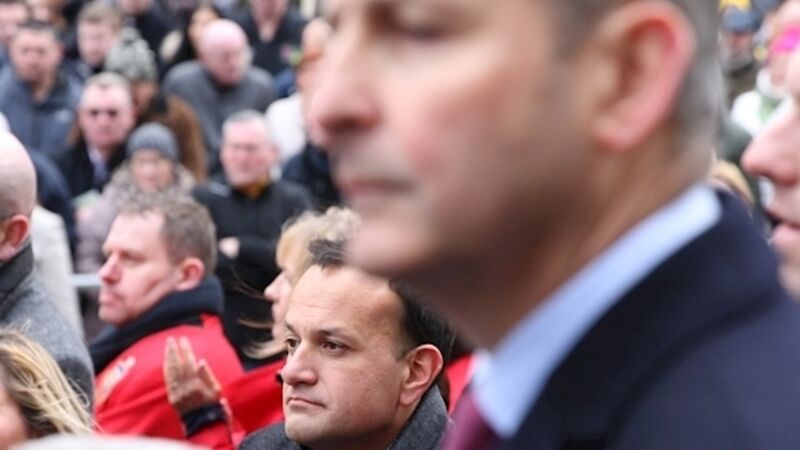Irish Examiner View: Compromise or failure the only choices

Some years ago, around the time anti-water charges protests peaked, some voices with roots in the conservative tribes dominating our politics warned that the country was on the cusp of being ungovernable and, therefore, all but invited catastrophe.
That judgement cum browbeating was not offered because a great number of people took a leaf out of the French playbook on the power of street protest but rather because the turn-and-about-turn hegemony of our two political grand dames was slipping away.













